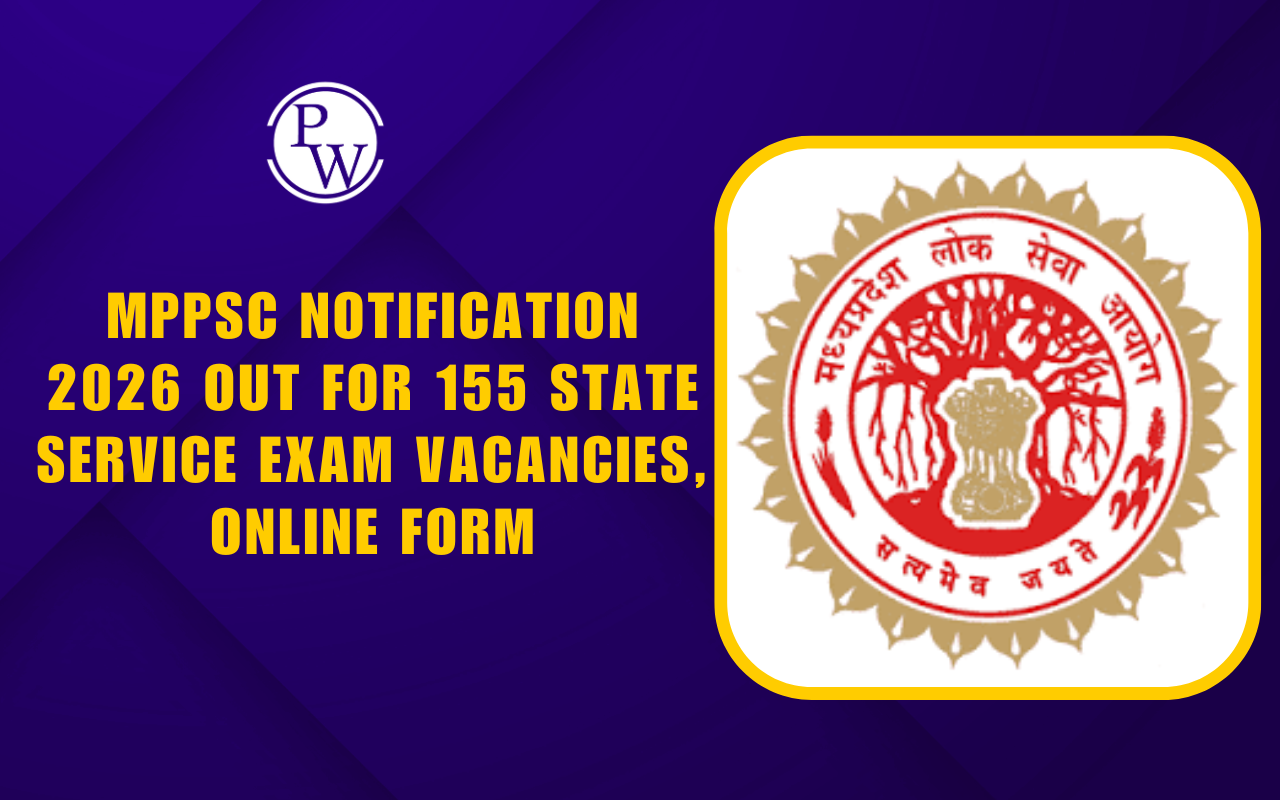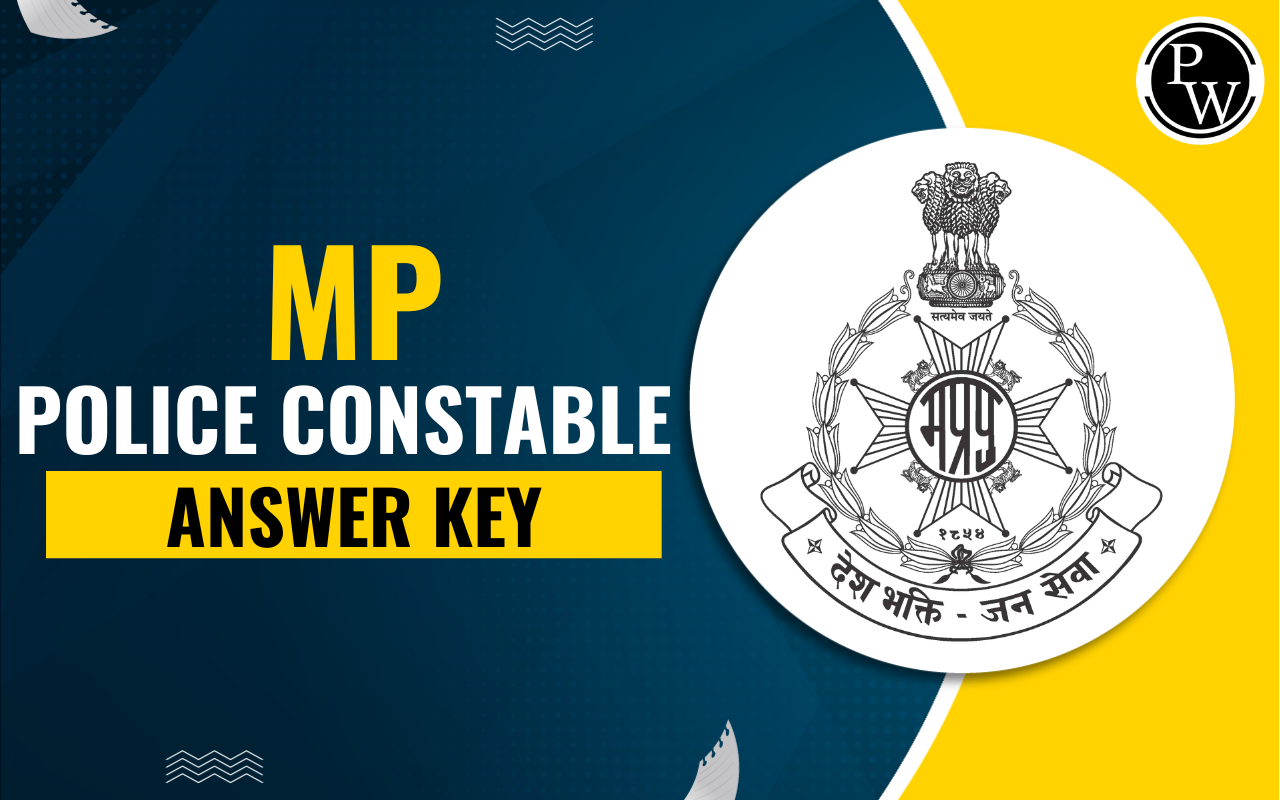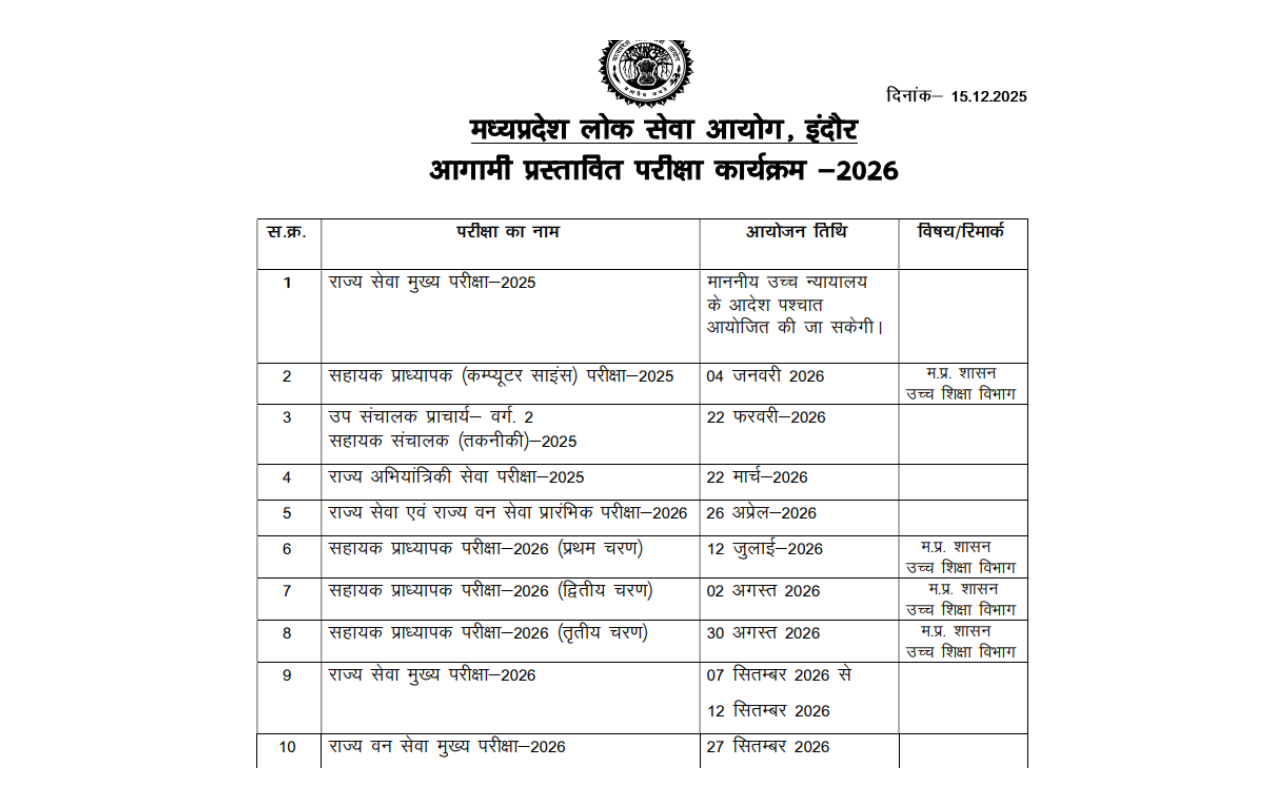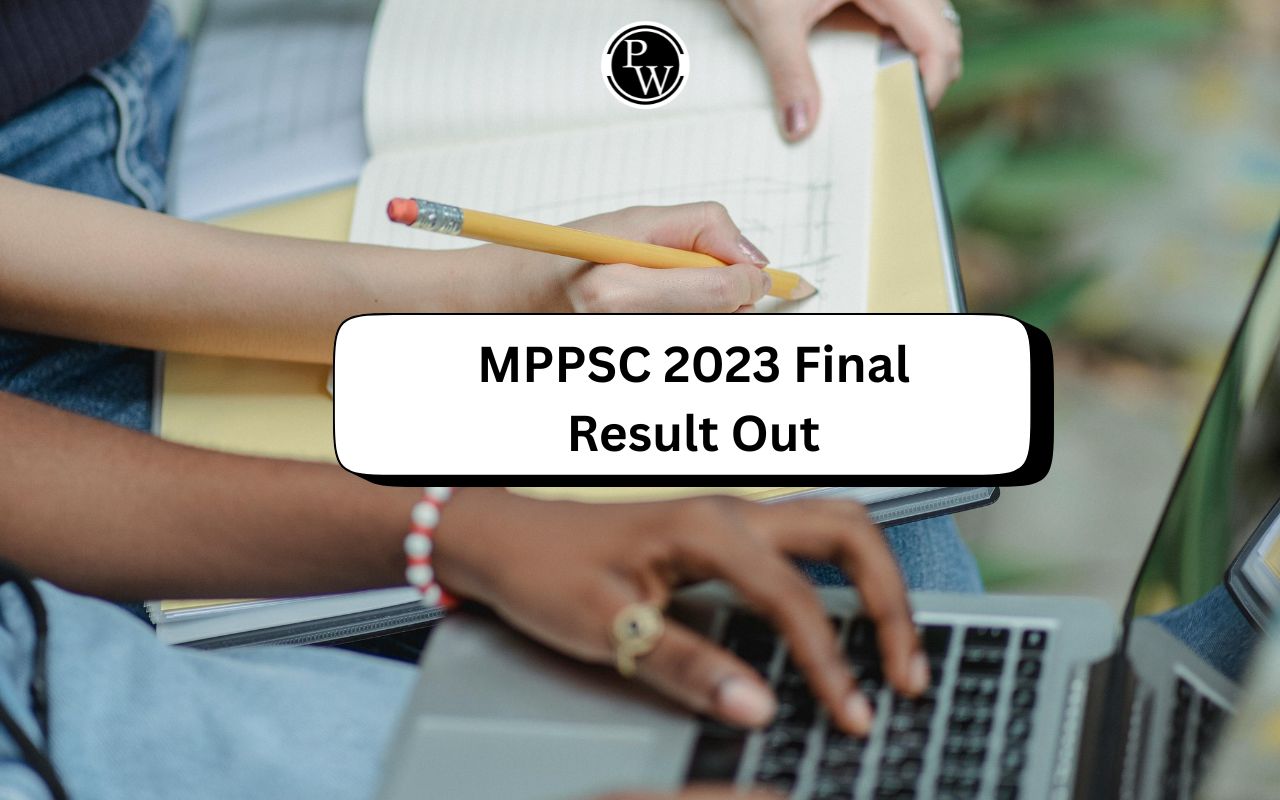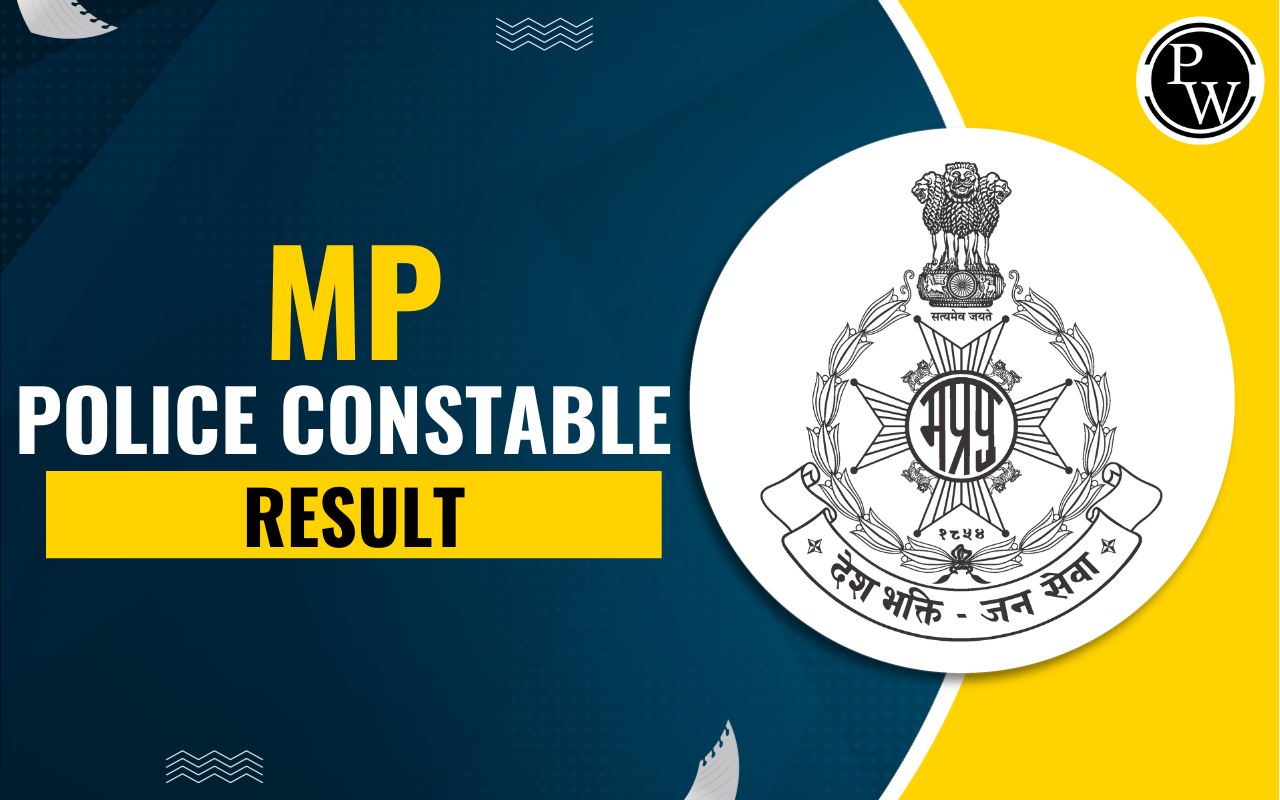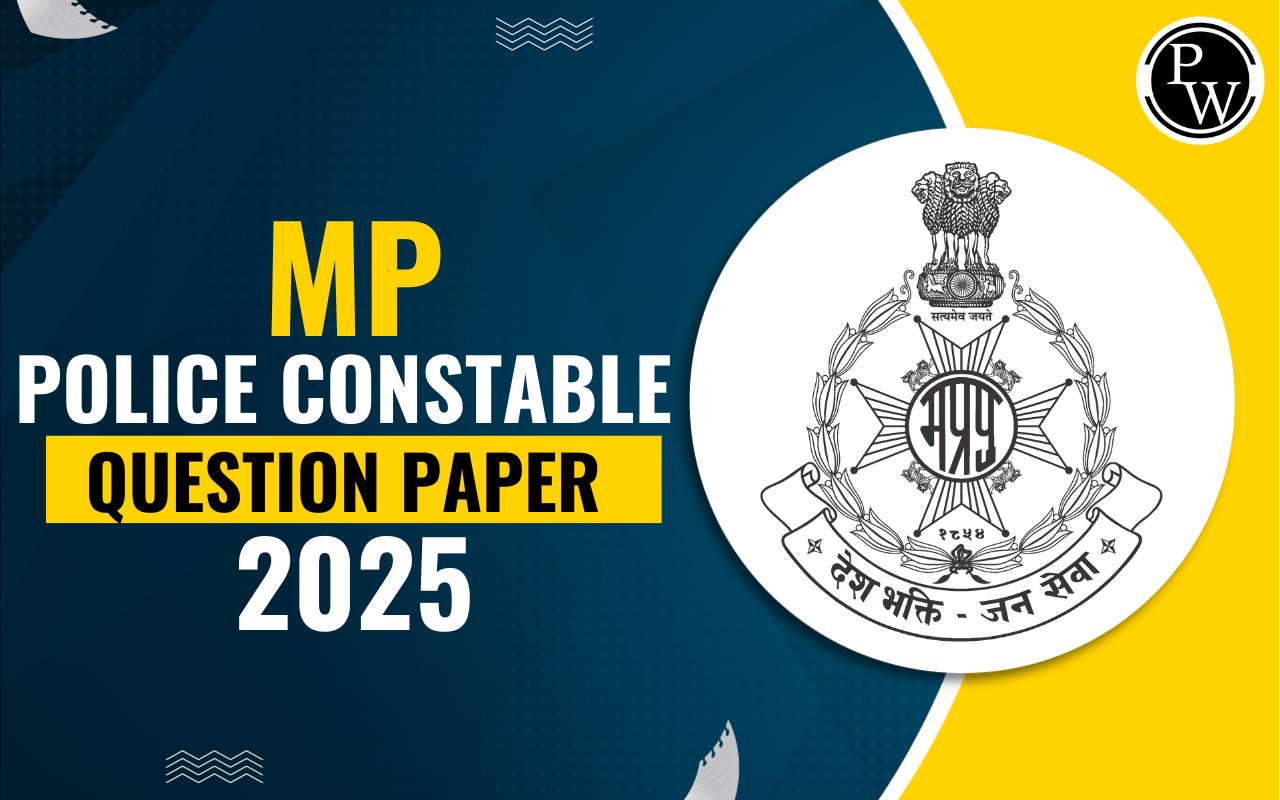
MPPSC DSP Syllabus 2025: Every applicant should be aware of the MPPSC DSP Syllabus and Exam Pattern before beginning their preparations. Candidates can learn more about the syllabus and exam format on the following page.
MPPSC DSP Syllabus 2025
The MPPSC DSP (Deputy Superintendent of Police) syllabus for 2025 is part of the MPPSC State Service Exam, which includes positions like DSP. The exam consists of three stages: Prelims, Mains, and Interviews. The Prelims stage includes two objective papers: General Studies and General Aptitude Test, each carrying 200 marks. The Mains stage involves descriptive papers covering General Studies, Hindi, and Essay writing, with a focus on subjects like History, Geography, Science, and Ethics
Also read: MPPSC Syllabus
MPPSC DSP Syllabus 2025 Overview
The MPPSC DSP syllabus for 2025 is part of the broader MPPSC State Service Exam, which includes three stages: Prelims, Mains, and Interviews. The Prelims stage consists of two objective papers: General Studies and General Aptitude Test, while the Mains stage involves descriptive papers covering General Studies, Hindi, and Essay writing. The syllabus focuses on subjects like History, Geography, Constitution, and Science. Here is the overview of MPPSC DSP Syllabus 2025.
|
MPPSC DSP Syllabus 2025 Overview |
|
|
Exam Conducting Body |
Madhya Pradesh Public Service Commission |
|
Post Name |
Deputy Superintendent of Police |
|
Category |
Syllabus |
|
Syllabus |
|
|
Language of Exam |
Hindi & English |
|
Marking Scheme |
|
MPPSC DSP Syllabus 2025 Subject Wise
Candidates wishing to join the MPPSC as a DSP Radio or DSP Computer must be familiar with the complete syllabus in order to prepare effectively for the examination. Candidates who understand the MPPSC DSP syllabus will be able to arrange their preparation accordingly. The detailed curriculum, along with subject-specific content, is provided below.
-
The syllabus details of Part A is mentioned below:
|
Subjects |
Topics |
|
Geography of Madhya Pradesh |
|
|
History, culture, and literature of M.P. |
|
|
Politics and Economy of M.P. |
|
|
Current events of International, National, and M.P. importance |
|
|
Information and Communication Technology |
|
-
The syllabus details of Part B is mentioned:
-
Signals and Systems
-
Physical electronics include electronic devices and integrated circuits.
-
Network Theory Electromagnetic Theory
-
Digital Electronic Circuits
-
Control systems
-
Analogue Electronic Circuits and Measurement
-
Communication Systems
-
Data Communication and Computer Architecture
-
Microwave Engineering
MPPSC DSP Exam Pattern 2025
There will be three points awarded for each right answer. A bad response will result in one negative mark. The language of the question paper will be Hindi and English. The minimum qualifying mark for Part A and Part B exams is 40%. The merit marks will be determined by the scores attained in Parts A and B.
|
Part |
Subject |
Questions |
Maximum Marks |
Duration |
|
Part A |
General knowledge about Madhya Pradesh at the national and international level |
50 |
150 |
3 hours |
|
Basic Computer Knowledge |
||||
|
Part B |
Telecommunication and Electronics |
100 |
300 |
|
|
Interview |
50 |
|||
|
Total |
150 |
500 |
||
MPPSC DSP Exam 2025 Preparation Tips
Efficient preparation is essential for covering the complete MPPSC DSP course. To avoid unproductive preparation and becoming lost in the study material, applicants should develop a preparation strategy and plan of action ahead of time. This is the preparatory technique we recommend.
-
Candidates should study diligently every day and adhere to a set daily regimen.
-
Keeping a daily to-do list helps you stay on track with your goals.
-
Candidates should keep track of the curriculum and cross out the topics that have already been completed.
-
Taking pauses while studying is quite crucial. Ideally, 45 minutes of study should be followed by a 10-minute break, but candidates may vary this based on their individual needs.
-
Taking test series, mock tests, sample papers, and so on are excellent ways to practise.
-
Creating a study calendar is the most effective strategy to plan and track one's progress. Other crucial features, such as revision plans, must be included in the study plan.
Also read: MPPSC Salary
MPPSC DSP Syllabus 2025 FAQs
What stages does the MPPSC DSP exam consist of?
What subjects are covered in the MPPSC Prelims?
What is the structure of the MPPSC Mains?
Where can I find the detailed syllabus?


